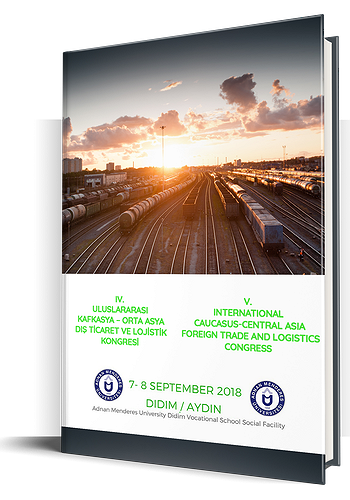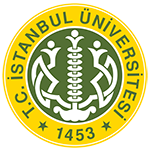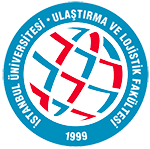
Ulaştırma ve Lojistik Kongreleri
- English
- Tam Metin
- 2018
The Impacts of Industry 4.0 Technologies on International Trade
Mohammed Kurdi
Dr. Öğr. Üyesi, Adnan Menderes Üniversitesi, Aydın, Türkiye
Industry 4.0 is a term initially used to define a high-technology strategy suggested by the German government in 2011 to keep its industry globally competitive, but currently commonly used to refer to the development of cyber-physical systems (CPSs) and dynamic data processes that use massive amounts of data to drive smart machines. Industry 4.0 combines the strengths of traditional industries with state of art internet technologies. It encompasses a set of technologies that enable smart products to be integrated into intertwined digital and physical processes. Although Industry 4.0 is still in its infancy, its concept is not a simple one since it envelops many technologies that are used in a variety of different contexts. While Industry 4.0 technologies are expected to alter business models substantially, many international firms still face the challenge to assess the diversity of developments brought by Industry 4.0 and their potential impacts. For that reason, these firms still cannot make a decision whether to wait too long with their Industry 4.0 implementation or to start too early. The objective of this work is to provide an overview of some Industry 4.0 technologies such as the internet of things (IoT) and big data and analytics (BDA) and their potential impacts on the international trade. This is done by examining the available works in the literature regarding this topic. As a result, it has been found that Industry 4.0 technologies have many potential positive impacts on the international trade such as a more effective optimization of the supply, production, and distribution activities around the world, reducing the transaction costs associated with international production, monitoring emerging trends and opportunities in overseas markets without the need to make substantial resource commitments in local marketing affiliates, and facilitating an everdeeper international division of labor in the global factory. From the other hand, it is expected that many drawbacks will arise with the adoption of Industry 4.0 technologies such as greater concerns about cybersecurity and individuals’ privacy.
Keywords: Internet of Things, Big Data and Analytics, International Trade, Industry 4.0

IV. International Caucasus-Central Asia Foreign Trade and Logistics Congress Proceeding Book
E-ISBN: 978-605-68889-0-8
Sayfa: 1099-1102

Bu çalışma, kullanan kişilere orjinal çalışmadan alıntı yaptıkları sürece, çalışmayı dağıtma, değiştirme ve üzerine çalışma hakkı tanıyan Attribution 4.0 International (CC BY 4.0) lisansı ile lisanslanmıştır.
İletişim
İstanbul Üniversitesi Ulaştırma ve Lojistik Fakültesi
İ.Ü. Avcılar Kampüsü 34320 Avcılar/İstanbul
ulk@istanbul.edu.tr
+ 90 (212) 440 00 00 - 19200


